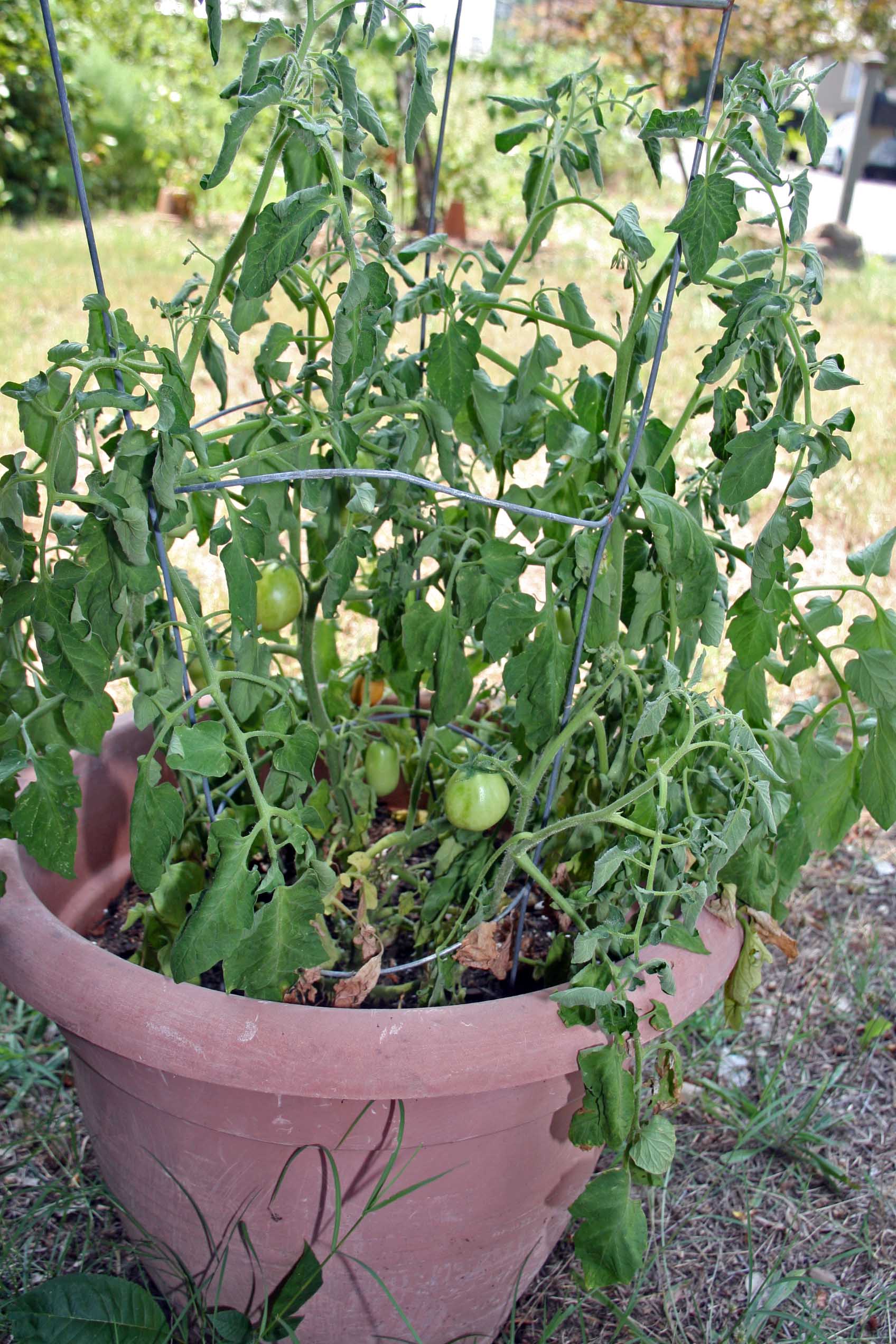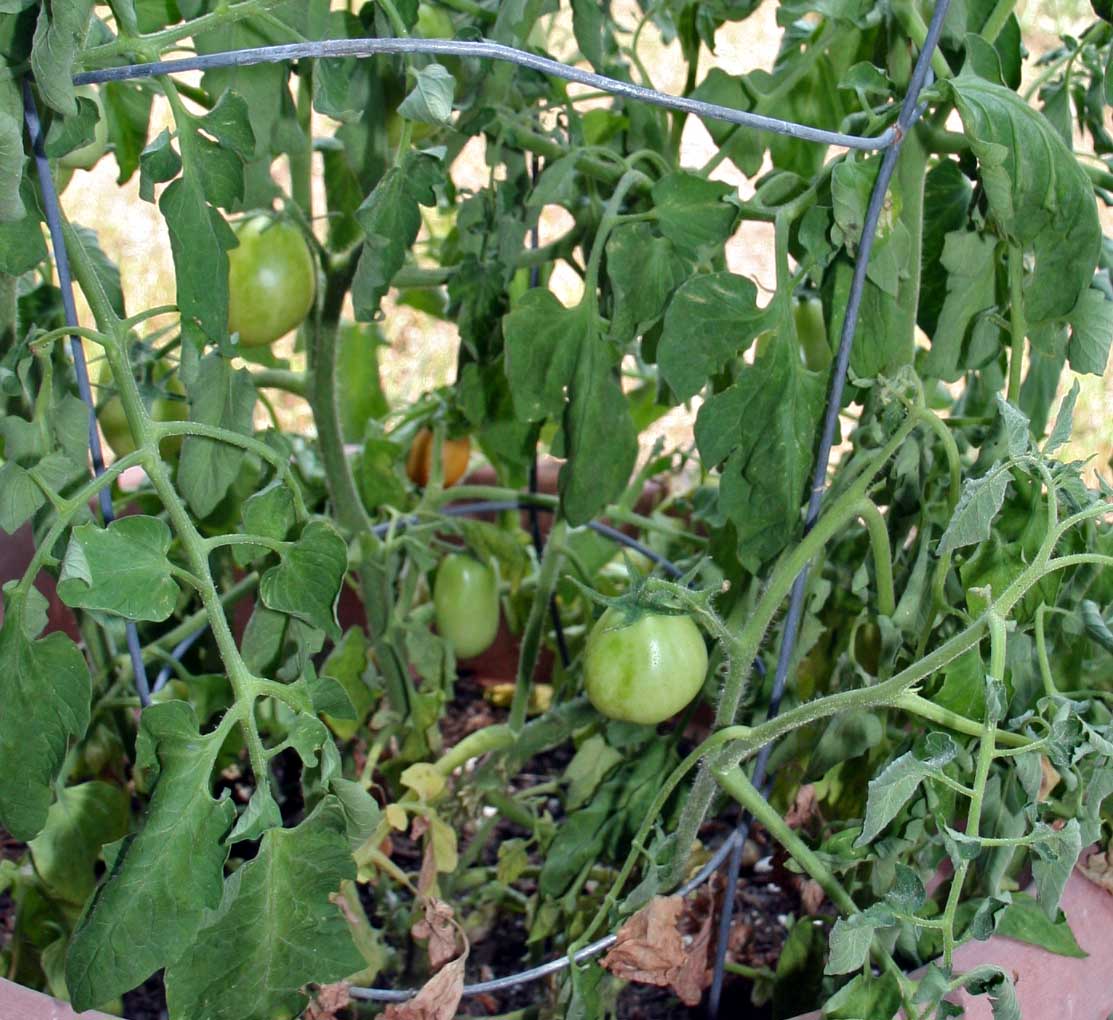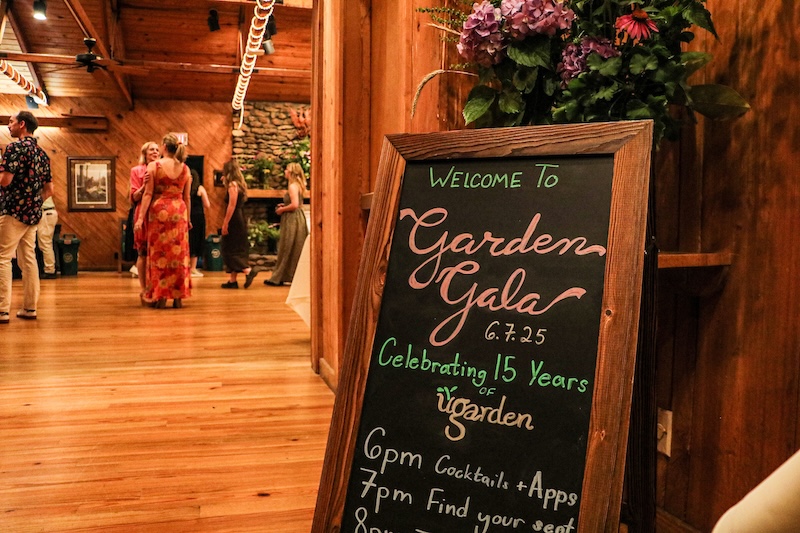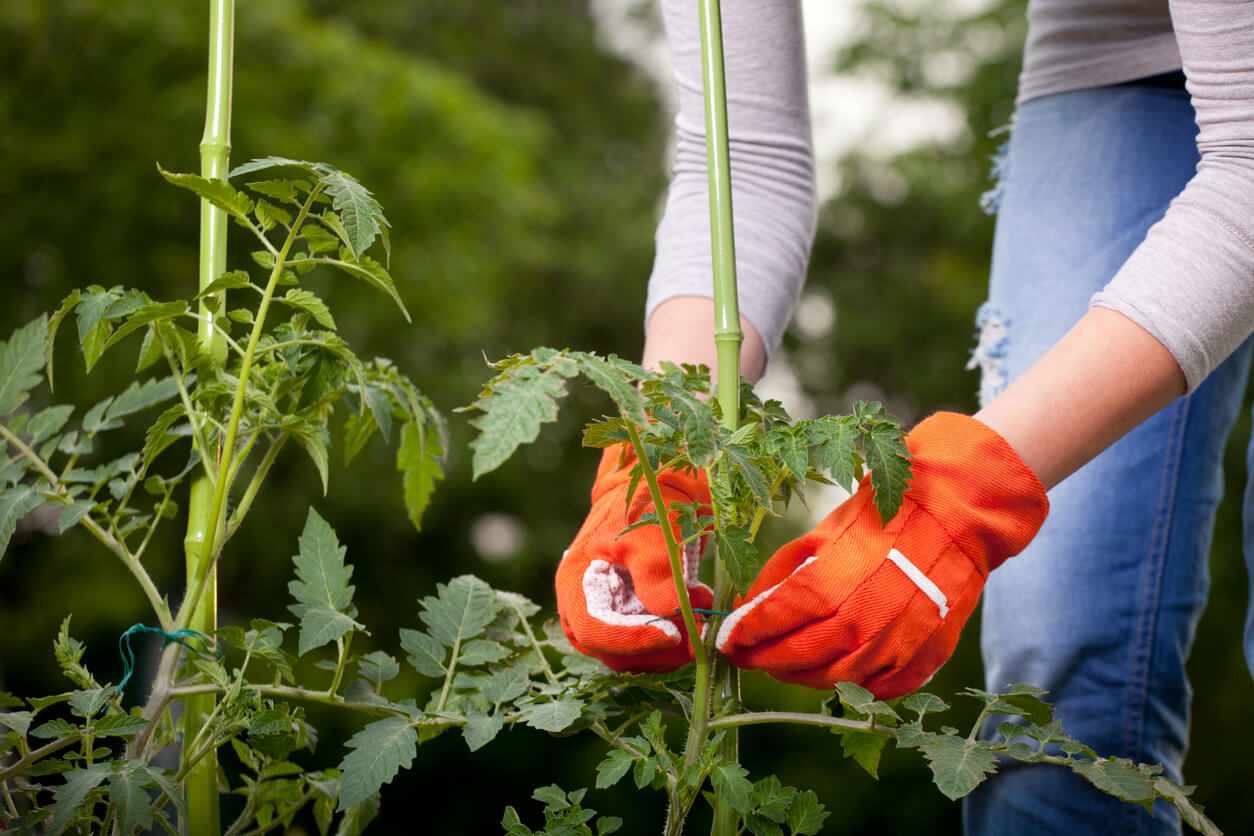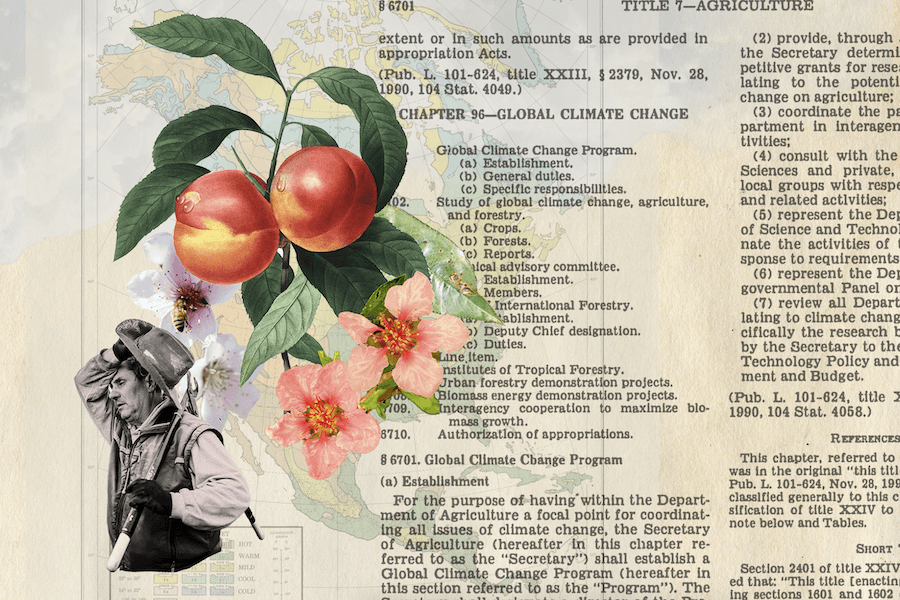Georgians are closing in on the end of the backyard planting season, and soon all that will be left are a few barren planting boxes and a few packets of unsprouted seeds. While there may be a temptation to pack all of this stuff back into your garage or shed until next spring, it may be worth it to do a little “fall cleaning” first. Some things are worth saving, and others are not.
Don’t keep old seeds around
Even if you grew the best tomatoes or cucumbers of your life this year, it is not worth hanging on to the last five or 10 seeds left in the envelope or seeds collected from this year's fruit.
At best, they won’t survive the winter, and they could possibly transmit this year’s disease or fungus problems to next year’s garden, said UGA Cooperative Extension Agent Frank Watson.
The only seeds you may want to save from year-to-year are seeds that you harvest from vegetable varieties that are not available commercially. If you’re trying to save seeds from an heirloom variety, make sure to harvest seeds from your disease-free and best-performing plants, Watson said.
“One of the easiest ways for homeowners to safely store vegetable seed is to air dry them for several weeks, seal them in moisture proof containers and place them in the refrigerator or freezer,” Watson said. “Seeds stored in the freezer should be allowed to thaw before being handled.”
Keeping the seeds in a cold dry environment keeps them alive, but just barely — preventing them from starting the germination process and prolonging their viability, he said.
Most commercial seeds won’t last from one growing season to the next because they’re never completely dormant like seeds kept in a freezer.
“If you buy a pack of seeds in April and put them straight into the freezer, you might be able to use them next year,” said Paul Thomas, a UGA Extension horticulture professor. “But if you wait until August to put them in the freezer, they’re not going to last. This is because the seeds use up their food reserves when kept warm.”
No need for new soil
One thing that will last — frozen, thawed or otherwise — is potting soil, Thomas said. While some horticulturalists warn against using the same soil from season to season, Thomas believes the average gardener won’t see much difference if they use one- or two-year old soil.
“Most of the things that you’re growing in these pots evolved to live outdoors,” Thomas said. “There’s no difference between what’s in (your patio planters) and what would be out there in garden soil, so I don’t think it’s going to make that much of a difference … We don’t replace our potting soil every year and we don’t have diseased plants.”
There are, however, a few things you need to take care of before packing away your pots or planting boxes.
First, check your soil’s structure. If it’s more than a few years old, it has probably broken down a good bit and become compacted.
“Every three or four years, you may need to replace the soil because the structure of the soil will start to break down,” Thomas said. “And you’ll know. Once the soil level in the pots seems to get low — if it looks like the soil has shrunk — it’s time to replace it.”
Even if the soil is just one planting season old, you may want to refresh each pot or box by mixing in some new compost or several handfuls of fall leaf mulch.
Thomas chops fallen leaves up with his lawn mower and adds a coffee can full of the shredded leaves into each pot. They decay over the winter, adding extra nutrients and body to the soil. This is also a good way to get rid of leaves, and Thomas' plants love it.
Second, take note of any pots or areas of your planters where you had a lot of problems. Remember not to plant the same type of plant in that container next year. The soil could retain a disease or fungus that is especially harmful to that specific type of plant, he said.
Thomas’ third suggestion is to watch where you store your pots. They need to be covered or stored in a relatively dry area. Water-logged soil can grow fungi and bacteria that can harm your plants it in the spring, and wet soil can also freeze, expand and crack or warp planters.

